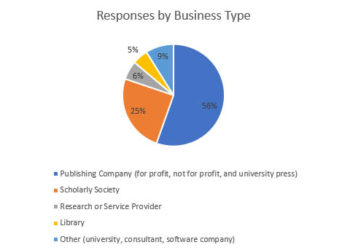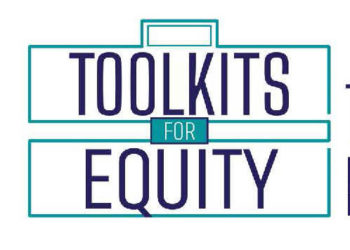Editor’s Note: Today’s post is by Sarah Andrus, Karen Stanwood, and Jacklyn Lord. Sarah is Executive Publisher, Clinical Medicine Journals at Mary Ann Liebert. Karen is the Editorial Director, Health Care Books and Journals at SLACK Incorporated. Jacklyn is the Marketing and Operations Manager for the Society for Scholarly Publishing.
The Society for Scholarly Publishing (SSP) Career Development Committee is pleased to announce the 2nd annual Professional Skills Survey and updated Professional Skills Map. Many thanks to all who participated! Results of the first yearly survey and map are outlined can be found in a previous post.
The 2020 survey received 265 responses, an increase of 12% from 2019, and asked publishing professionals at all career levels across multiple roles in the industry to indicate which personal characteristics, transferable/interpersonal skills, and technical/knowledge-based skills are essential to success in their respective positions. Respondents also identified skills they would most like to develop further, highlighting opportunities for training and mentorship in those areas as they advance in their careers.
By mapping identified skill sets to associated roles, we aim to help publishing professionals recognize their core strengths and areas for further development, while encouraging exploration of new or overlooked roles that align with their interests and competencies. The Professional Skills Map is a powerful tool to explore individually or with a mentor to identify necessary skills for a current or desired role. At the industry level, the map helps identify trends over time, showing which skills are emerging and increasingly in demand as the field of scholarly publishing evolves.
One update to the newly posted map is our decision to include every characteristic/skill that received at least one response. (Previously, a characteristic or skill must have received at least five responses.) We decided to allow the map to be as comprehensive as possible and reveal whether specific skills increase in significance or drop off over time. In addition, we pulled ‘Consulting’ from the ‘Other’ top-line category to represent a standalone organization type. These changes will remain in effect going forward.
The graphs presented here show breakdowns of the most common answers across all survey respondents. However, it’s probably not surprising that, in general, respondents are organized problem solvers with market/industry knowledge whose roles require leadership and data analysis skills.
Among Journals Editorial roles at Publishing companies, which was the most commonly reported group, respondents are strong on organization, strategic thinking, and relationship management with a good understanding of industry trends. These are all characteristics that are strongly transferable to Society roles, which have a similar skill profile.
Consultants attribute their success to being “self-starters” with attention to detail and a knack for active listening and collaboration. Professionals looking for an entrepreneurial career focusing on proactive relationship building may consider if consulting is a good fit.
Across the industry, publishing professionals are primarily hoping to develop their skills in leadership, strategic planning, data analysis, and public speaking. If you are a mentor or mentee at SSP or within your organization, you may wish to consider the resources available to sharpen these essential skills widely applicable across roles and organization types.
To see further how the characteristics and skills apply to particular publishing roles, visit the Skills Map.
Responses by Organization Type
Among 265 respondents, 49% were from publishing companies, 20% were from societies, 7% were involved in consulting, 6% were from research or service providers, 3% were from libraries, and 15% selected ‘other.’
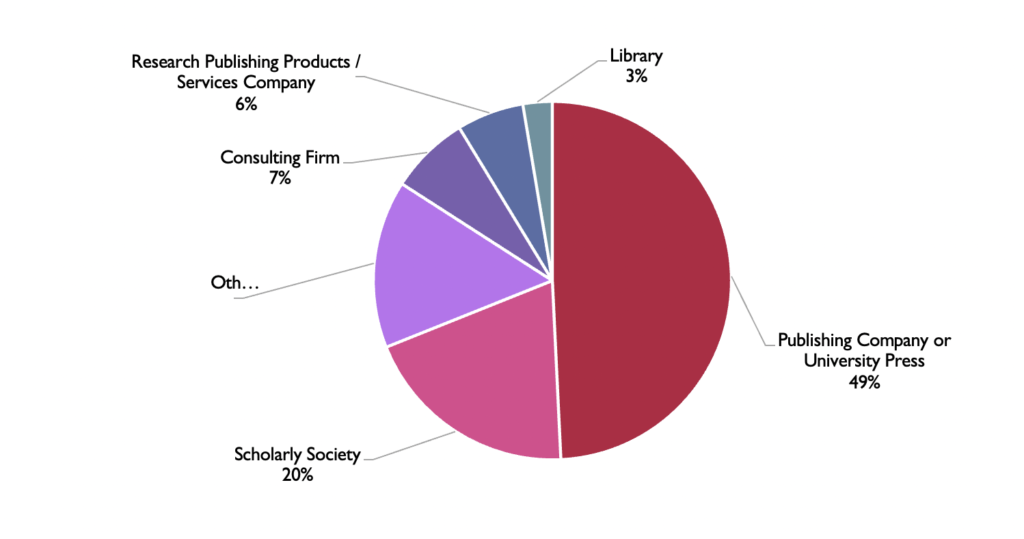
Top Responses by Role Type
| Journals Editorial | 28% |
| Journals Production | 9% |
| Marketing / Communications | 9% |
| Society Publication Management | 8% |
| Books / Reference Editorial |
6%
|
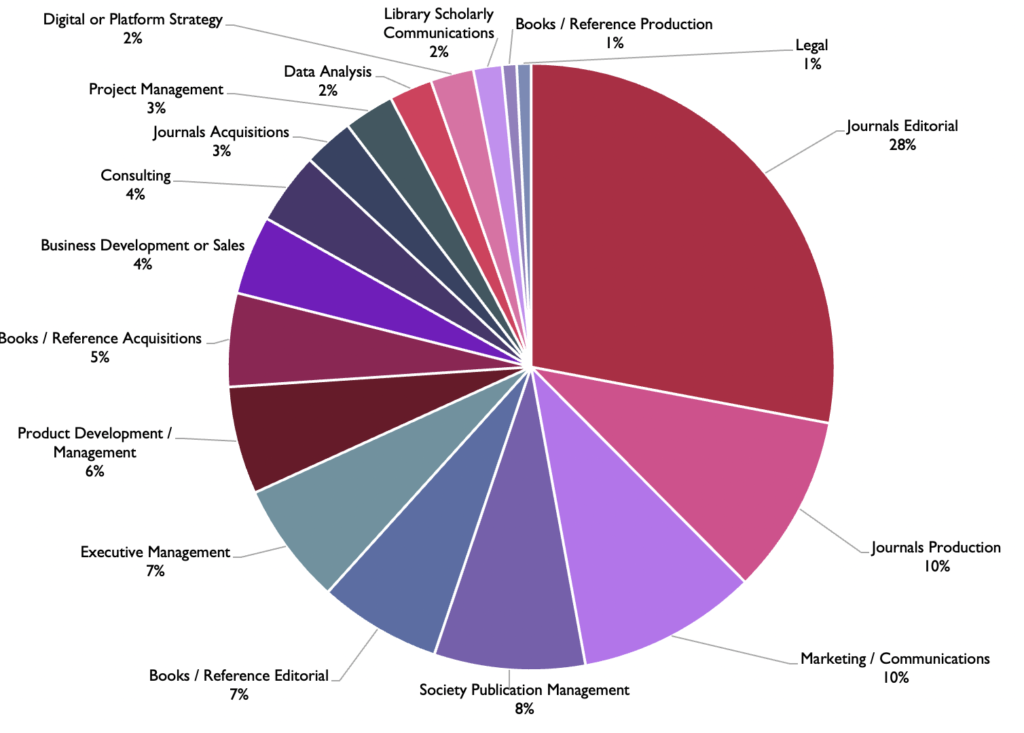
Most Common Personal Characteristics Across Respondents
| Organized | 44% |
| Detail Oriented | 43% |
| Strategic | 38% |
| Analytical | 36% |
| Personable | 30% |
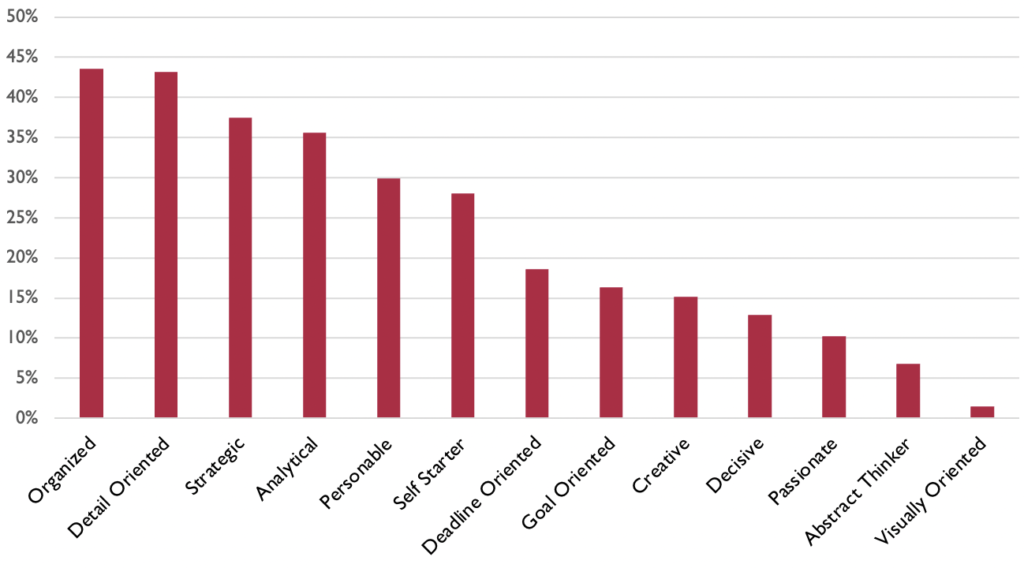
Most Common Essential Interpersonal Skills Across Respondents
| Problem Solving | 71% |
| Written Communication | 59% |
| Relationship Management | 52% |
| Time or Resource Management | 48% |
| Collaboration | 48% |
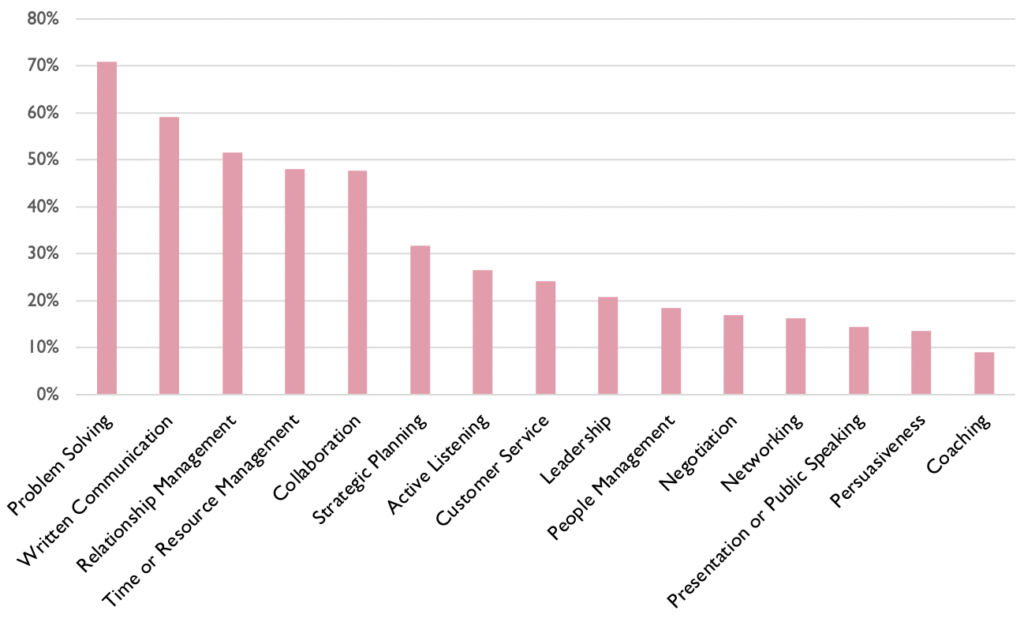
Most Common Essential Technical or Knowledge-Based Skills Across Respondents
| Market or Industry Knowledge | 67% |
| Project Management | 63% |
| Writing Skills | 59% |
| Data Collection, Analysis, or Reporting | 45% |
| Technology or Software Expertise | 32% |
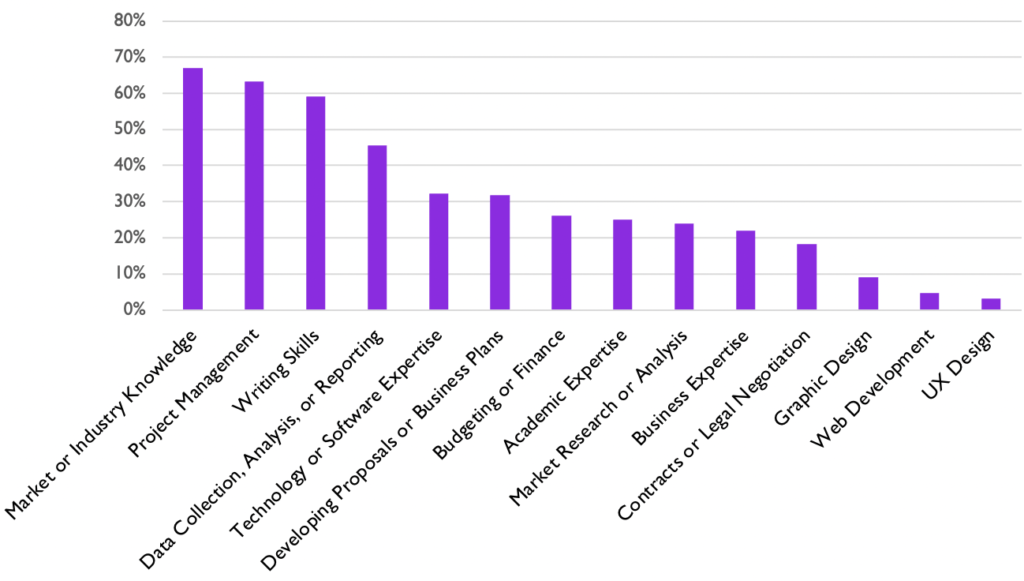
Most Common Interpersonal Skills for Development Across Respondents
| Leadership | 49% |
| Strategic Planning | 45% |
| Presentation or Public Speaking | 34% |
| Networking | 33% |
| Negotiation | 33% |
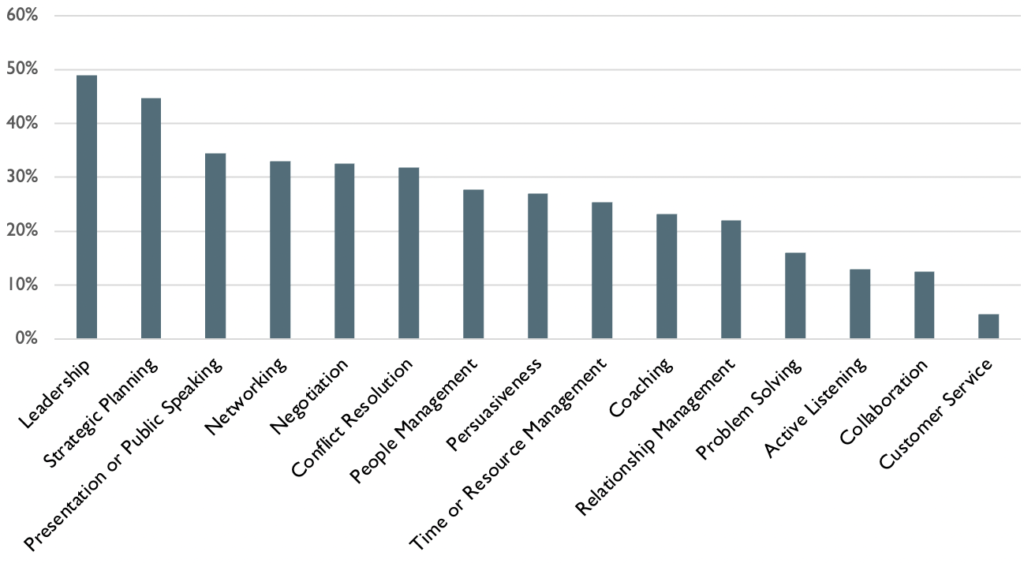
Most Common Technical or Knowledge-Based Skills for Development Across Respondents
| Data Collection, Analysis, or Reporting | 44% |
| Developing Proposals or Business Plans | 43% |
| Technology or Software Expertise | 43% |
| Market Research or Analysis | 42% |
| Market or Industry Knowledge | 39% |
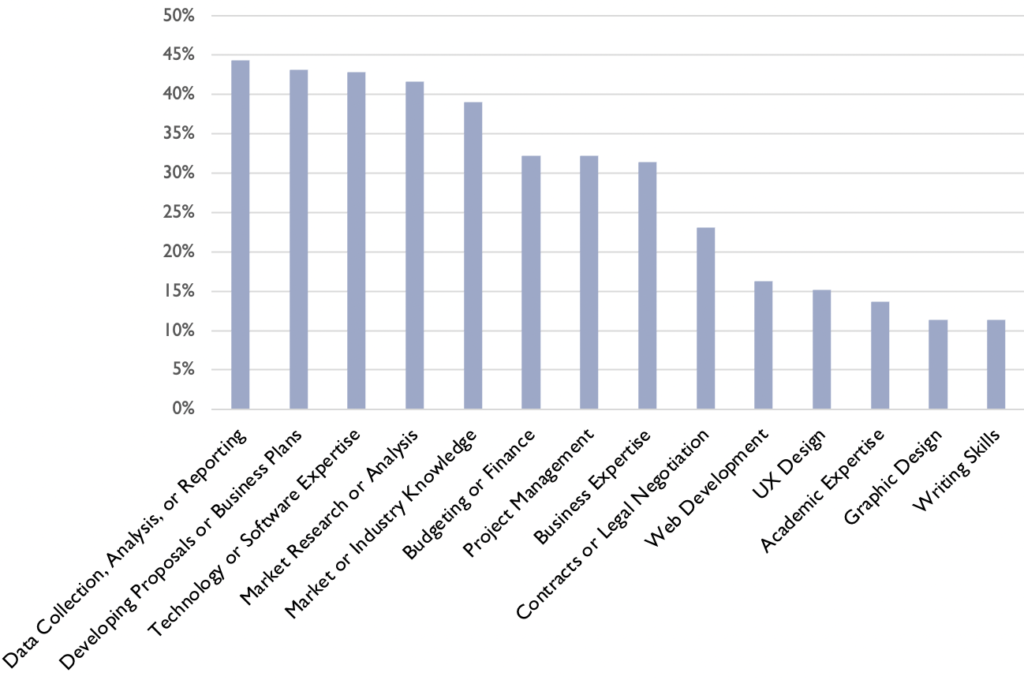
The interactive Professional Skills Map is divided into five organization types at the top level, followed by the professional roles reported by survey respondents (you can find the percentage of respondents listed after each role). Each role can be expanded to reveal the desirable personal characteristics, essentials for success, and emerging needs for that role. Skills and characteristics at the end of each branch indicate the percent of respondents who endorsed that item.
With each iteration of the Skills survey, the map becomes increasingly robust and useful; therefore, driving high survey participation is essential. Going forward, we would like to display survey data cumulatively to reflect changing trends. Be on the lookout for the 2021 survey coming this fall! As you can see, about half of all respondents were from publishing companies or university presses. One of our goals is greater representation from libraries, societies, and vendors. We hope you’ll respond and share the survey with colleagues and via social media. The next iteration of the Map will be available in spring 2022.
In the meantime, we encourage you to take a look at the updated map and let us know how it has helped you identify skills to develop or caused you to think differently about your career path. We also welcome any other feedback to help improve the survey or map.
